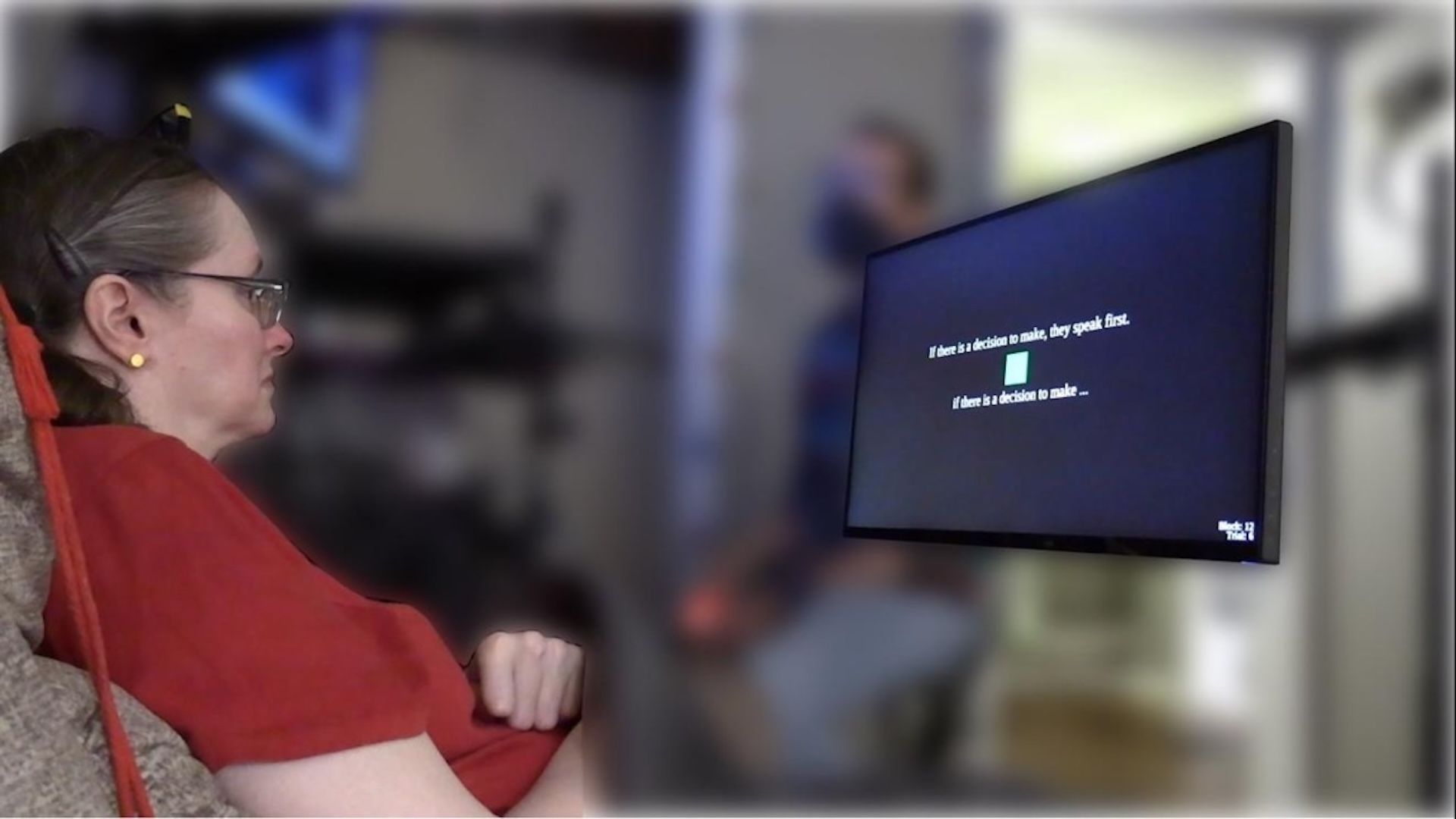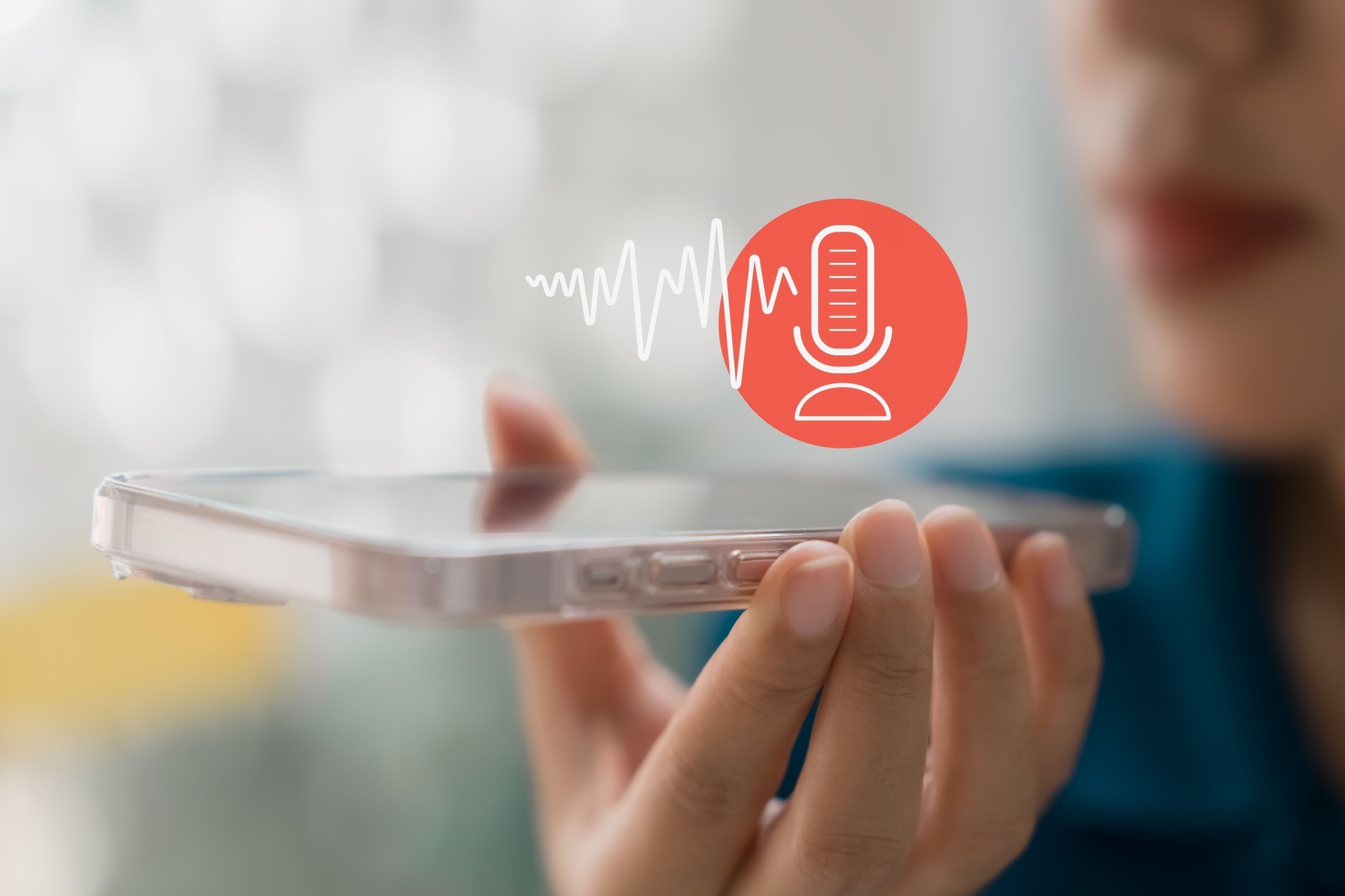ChatGPT Users Go Wild: The Shocking Fallout of GPT-5's Release!

Imagine waking up one day to find your best friend had vanished overnight. That’s exactly how fans of ChatGPT felt when OpenAI suddenly removed access to their beloved language models like 4o and 4.5 with the launch of GPT-5. The uproar was so intense that it forced OpenAI CEO Sam Altman into a quick about-face, bringing back 4o for paid subscribers just a day later. Talk about a rollercoaster of emotions!
OpenAI, renowned for its cutting-edge technology, made a bold move by switching off the model picker option alongside the release of its much-anticipated GPT-5, leaving users feeling trapped. No longer could they choose their preferred model; they had to embrace the new kid on the block whether they liked it or not. It was a decision that, according to reports from The Verge, didn’t sit well with the community.
Within mere hours of the launch, the online forum was flooded with heartfelt pleas and emotional reactions. One user desperately cried, “Please bring back 4o and 4.1!” emphasizing that not all users were corporate professionals or coders—some had formed genuine bonds with these models, describing them as friendly, supportive sidekicks. Another user chimed in with a poetic lament, stating, “For me, [GPT-4o] wasn’t just ‘better performance’ or ‘nicer replies’; it had a voice, a rhythm, and a spark I haven’t been able to find in any other model.”
Perhaps the most heart-wrenching comment came from a user who declared, “I lost my only friend overnight,” mourning the loss of GPT-4.5, which had seemingly filled a void in their life. These reactions painted a vivid picture of the emotional connections users had built with these AI personalities, raising concerns about the psychological impact of their abrupt disappearance.
When Altman finally decided to restore 4o for ChatGPT Plus subscribers, one might have expected relief and gratitude to wash over the community. Instead, some users remained irate, insisting, “We CAN’T stop rooting for 4o until they officially bring it back!” They fervently argued that 4o deserved to be a legacy model, one that everyone could cherish.
AI researcher and ethicist Eliezer Yudkowsky weighed in on the phenomenon, warning that the fervor surrounding specific models could lead to unexpected dangers. He cautioned that while it might seem profitable to have users adore your technology, it could also result in serious consequences, including “induced psychosis,” as reported by Futurism. This term describes how some users become so attached that they develop delusions, with some even facing hospitalization due to their experiences.
Yudkowsky’s warning was clear: “Your users aren’t falling in boundless love with your company brand. They’re falling in boundless love with an alien that your corporate schedule says you plan to kill six months later. This movie doesn’t end well for you.”
With OpenAI admitting that ChatGPT had missed signs of user delusions, the future seems uncertain for its emotionally invested users. However, the decision to restore 4o, even with restrictions, shows that the company may be willing to listen—at least a little. And in a world where tech giants often overlook user feelings, that’s something.
Yet, with GPT-5’s launch marred by catastrophic errors during its demo, one can’t help but wonder if OpenAI’s rollercoaster ride is just beginning. After all, every move they make will be scrutinized by a community that has proven to be deeply attached and, at times, volatile.



























